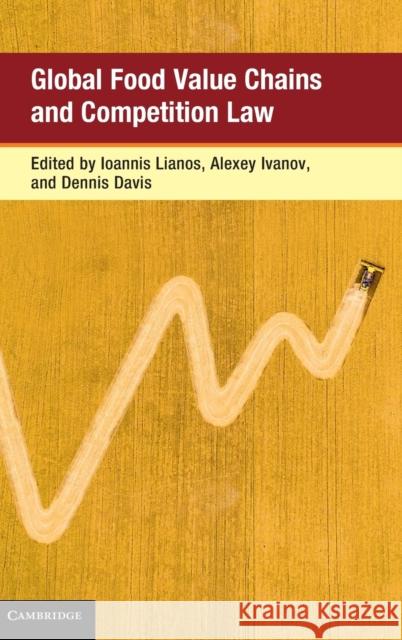Global Food Value Chains and Competition Law » książka
topmenu
Global Food Value Chains and Competition Law
ISBN-13: 9781108429498 / Angielski / Twarda / 2022
Global Food Value Chains and Competition Law
ISBN-13: 9781108429498 / Angielski / Twarda / 2022
cena 462,85
(netto: 440,81 VAT: 5%)
Najniższa cena z 30 dni: 459,67
(netto: 440,81 VAT: 5%)
Najniższa cena z 30 dni: 459,67
Termin realizacji zamówienia:
ok. 16-18 dni roboczych.
ok. 16-18 dni roboczych.
Darmowa dostawa!
A comprehensive overview of the law required to regulate global food value chains and make them more accountable to society.











